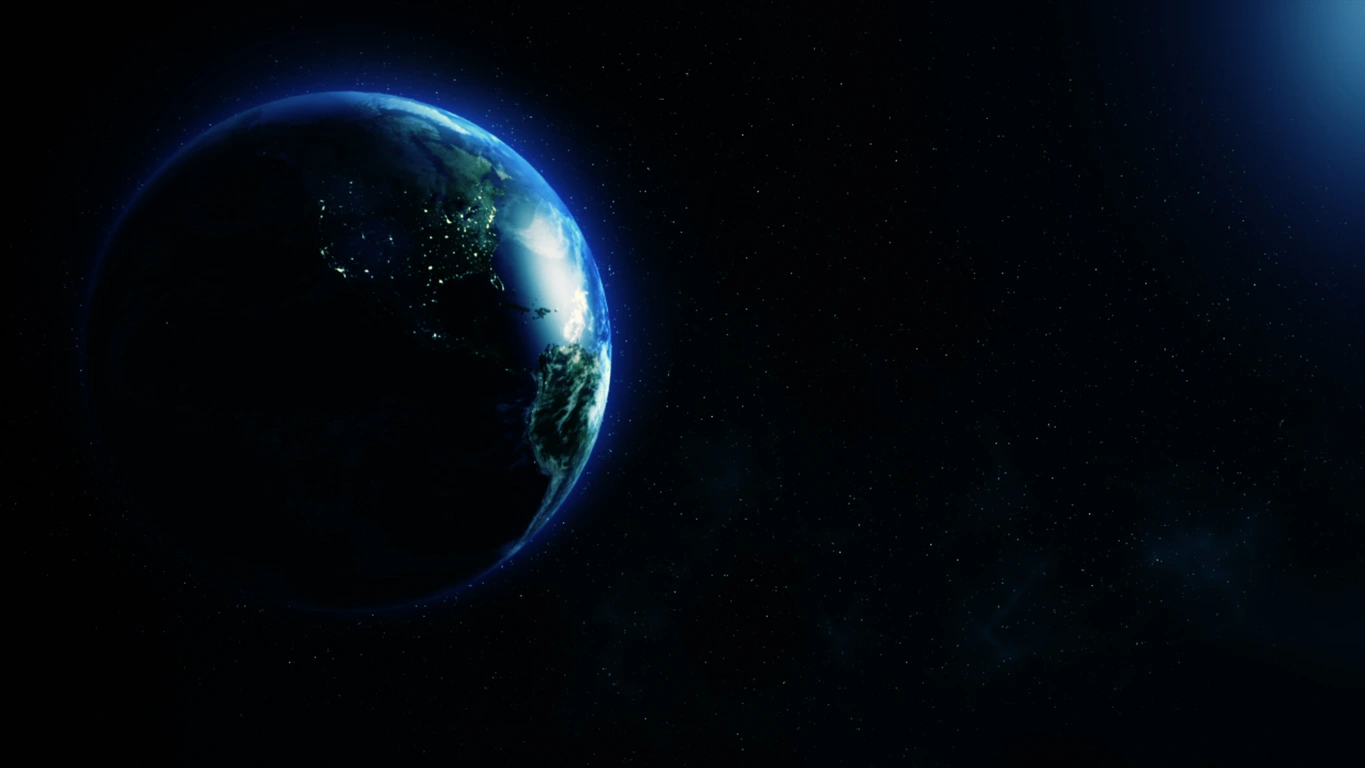
Are We Creating Monsters with Modern Science?
Modern science is like a beacon indicating the way to fresh discoveries and ground-breaking accomplishments in the always-changing terrain of innovation and progress. By its unceasing efforts, it has reduced the burden of disease, opened up previously unimaginable horizons for humanity, and revealed the mysteries of the cosmos. But among the breathtaking discoveries and revolutionary advances, there is a nagging issue that pierces the core of our collective consciousness: do our unrelenting efforts to further science unintentionally create creatures that might be compared to monsters?
The Ethical Frontier
In genetic engineering, for example, this issue is very much alive. Since CRISPR technology emerged, we can change the fundamental components of life. This presents serious moral questions, even if it promises to eradicate hereditary disorders and improve human potential. There is ambiguity between augmentation and therapy, which raises questions about the possibility of genetically engineered creatures and designer babies. As we enter this uncharted area, questioning our ideas of morality and playing god with the essence of life itself, the entire core of what it means to be human is at risk.
Artificial Intelligence
The ghost of monster creation takes a distinct form in the field of artificial intelligence (AI). As we give robots ever more autonomy and intelligence, we run the risk of AI systems that are beyond human control. Hollywood dystopias highlight the dangers of using technology to play god by showing situations in which aware robots rise against their programmers. Because superintelligent AI poses an existential threat, requests for moral principles and legal frameworks to guarantee that we maintain control over our inventions are growing. If AI is allowed to take over, the results could be disastrous, and humanity could one day be ruled by its creations.
The Consequences of Shortsightedness
Furthermore, the quickening rate of technical progress exceeds our capacity to completely understand its consequences. Unintentionally planting the seeds of future problems, we frequently put innovation ahead of ethical thought in our pursuit of development. As with Frankenstein’s foolishness in making his monster, this blindness runs the danger of releasing forces beyond our control. Environmental deterioration brought on by consumerism and industrialization has created ecological monsters like biodiversity loss and climate change. The natural world has suffered because of our unquenchable need for advancement, which has led to disastrous effects that threaten our very survival. An unsettling rate of disturbance of environmental balance has far-reaching effects on the next generations.
Navigating the Ethical Imperatives of Modern Science
Though there are these foreboding signs, the story is not one of hopelessness. Addressing these issues requires the same scientific inventiveness that gave rise to them. We can use contemporary knowledge to the benefit of both the environment and people through ethical stewardship and responsible innovation. This demands that our method of scientific investigation be completely changed. We have to give our efforts’ ethical and societal ramifications top priority rather than seeing development as an objective in and of itself. This means strict control and monitoring to guarantee that scientific discoveries benefit the general welfare rather than the benefit of a privileged few.
BRAHMOIDS – Story of My Mother Earth
“BRAHMOIDS – Story of My Mother Earth” reveals an enchanting description where robots acquire human-like characteristics, prompting contemplation on the repercussions of technological progress. In a world shaped by industrialization, the book steers through moral dilemmas and societal transformations. Dr. Seymone’s ambitious endeavor to instill machines with complicated emotions raises significant ethical inquiries, allowing effective readers to reflect on the complicated interplay between advancement and the essence of humanity.
Towards a Brighter Tomorrow
Finally, it is not only a philosophical question but also a critical ethical need to consider if modern science is producing monsters. It forces us to face the unexpected results of our technical mastery and to design a future that is both ethically and scientifically sound. We may avoid the traps we have created and create a better future by adopting responsible innovation and multidisciplinary cooperation. Are we, then, using contemporary science to create monsters? The solution is in our shared determination to use science to improve the lot of all, not in resigning or inciting fear.
